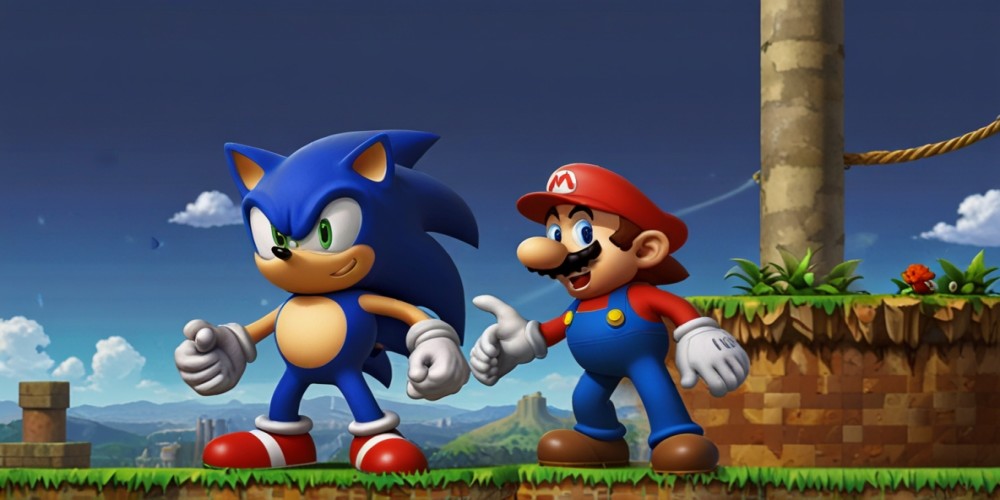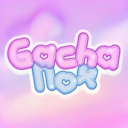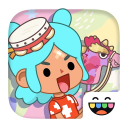Sonic vs. Mario: The Console War That Changed Gaming Forever
Aug-08-2024

There are moments in gaming history that stand out like a beacon, moments that echo through time and change everything. One such moment was the epic showdown between two iconic characters: Sonic the Hedgehog and Mario. This wasn't just a clash of mascots; it was a full-blown console war that would forever change the landscape of video gaming. Buckle up as we dive into the story of how these two titans of the gaming world locked horns and left an indelible mark on the industry.
The Birth of a Rivalry
Back in the late '80s and early '90s, the video game industry was booming, but it was also a wild frontier. Nintendo was the undisputed king of this digital world, with Mario leading the charge. The Super Mario Bros. franchise had captured the hearts of millions, and Nintendo's NES console was in nearly every household. Mario was like the golden boy of gaming, and everything seemed perfect—until Sega decided to shake things up.
Sega, a company that had been dabbling in arcade games and home consoles, wanted a bigger slice of the pie. They knew they needed something special to compete with Nintendo's juggernaut. Enter Sonic the Hedgehog. Sonic wasn't just another video game character; he was designed to be everything Mario wasn't. Where Mario was a lovable, somewhat slow-moving plumber, Sonic was fast, edgy, and had attitude for days. He was like the cool kid on the block, and he was about to give Mario a run for his money.
The Console War Begins
When Sega launched the Genesis (or Mega Drive, depending on where you were in the world) in 1989, they knew they needed a killer app to stand out. Sonic the Hedgehog, released in 1991, was that killer app. With its blazing speed, vibrant colors, and catchy music, Sonic was an instant hit. But it wasn't just about the game; it was about what Sonic represented. Sega's marketing campaigns were aggressive, positioning Sonic as the rebellious alternative to Mario. It was like Sega was saying, "Why play it safe with Mario when you can go fast and furious with Sonic?"
The battle lines were drawn, and gamers were forced to choose sides. Were you a Sonic fan or a Mario fan? The playground debates were intense, and friendships were tested. It was like the gaming world's version of Coke vs. Pepsi, with everyone passionately defending their choice. And it wasn't just about the characters; it was about the consoles too. Sega's Genesis was all about speed and power, while Nintendo's Super NES boasted superior graphics and a vast library of beloved games.
Marketing Madness
The rivalry between Sonic and Mario wasn't just about games; it was a full-blown marketing war. Sega's "Genesis does what Nintendon't" campaign was a masterstroke. It was bold, it was cheeky, and it hit Nintendo right where it hurt. Sega wasn't afraid to go toe-to-toe with the industry giant, and they made sure everyone knew it. Meanwhile, Nintendo, confident in its established fan base, took a more reserved approach. They focused on the quality of their games and the strength of their brand. It was a classic case of the underdog taking on the champ, and the underdog was making serious waves.
But Sega wasn't content with just clever ads; they went after Nintendo's exclusivity deals, securing games like "Mortal Kombat" with its blood and gore intact—something Nintendo initially censored. Sega was positioning itself as the console for the cool, older kids, while Nintendo was seen as the safe choice for younger gamers. The contrast couldn't have been starker, and it added fuel to the fire of the console war.
The Battle of the Games
As the console war raged on, both companies pumped out hit after hit. Sonic the Hedgehog 2, with its introduction of Tails and the iconic "spin dash" move, was a massive success. Not to be outdone, Nintendo countered with "Super Mario World," a game that is still considered one of the greatest of all time. These games weren't just titles; they were cultural phenomena, shaping the childhoods of millions of gamers.
The battle wasn't limited to the mainline titles either. Spin-offs, sequels, and even TV shows became part of the war. Sega and Nintendo were in a constant race to outdo each other, and gamers were the real winners. Every new release was like a new round in a heavyweight boxing match, with fans eagerly waiting to see who would land the next big punch.
The Tipping Point
Despite Sega's best efforts, the tide began to turn in Nintendo's favor. The Super NES, with its superior hardware and incredible game library, slowly but surely started to gain the upper hand. The release of "Donkey Kong Country," with its revolutionary graphics, was a game-changer. Meanwhile, Sega's decision to release the Sega CD and 32X add-ons for the Genesis confused consumers and spread their resources thin. The once-mighty Genesis started to lose ground.
The ultimate turning point arrived with the release of the Sony PlayStation. Both Sega and Nintendo were blindsided by this new competitor, and the console war that had defined the early '90s began to fade into the background. Sega's next console, the Saturn, was a commercial failure, while Nintendo continued to thrive with the Nintendo 64. The war was over, and while both sides had their victories, Nintendo emerged as the clear winner.
The Legacy of the Console War
The Sonic vs. Mario console war may have ended, but its impact is still felt today. It was a battle that pushed both companies to innovate, to take risks, and to create some of the most memorable games in history. Sonic and Mario are now considered two of the most iconic characters in gaming, and their rivalry helped shape the industry as we know it.
Looking back, it's clear that the Sonic vs. Mario war wasn't just about selling consoles; it was about the passion of gamers, the excitement of rivalry and the delight in witnessing your beloved character triumph. It was a time when gaming was still finding its identity, and these two mascots played a huge role in defining what video games could be. Sonic and Mario may have started as rivals, but over the years, they've become something more—they've become legends.
Friendship Born From Rivalry
In a twist of fate that no one could have predicted back in the '90s, Sonic and Mario eventually put their rivalry aside and even started appearing in games together. The "Mario & Sonic at the Olympic Games" franchise stands as a celebration of the significant journey and growth both characters have experienced throughout the years. Once fierce competitors, now they share the spotlight, bringing joy to a whole new generation of gamers.
The Sonic vs. Mario console war is a chapter in gaming history that will never be forgotten. It was a time of excitement, of heated debates, and of unforgettable games. And while the war may be over, the legacy of Sonic and Mario lives on, continuing to inspire gamers and developers alike. So next time you pick up a controller, take a moment to appreciate the history behind it—because without Sonic and Mario, the gaming world might be a very different place.







